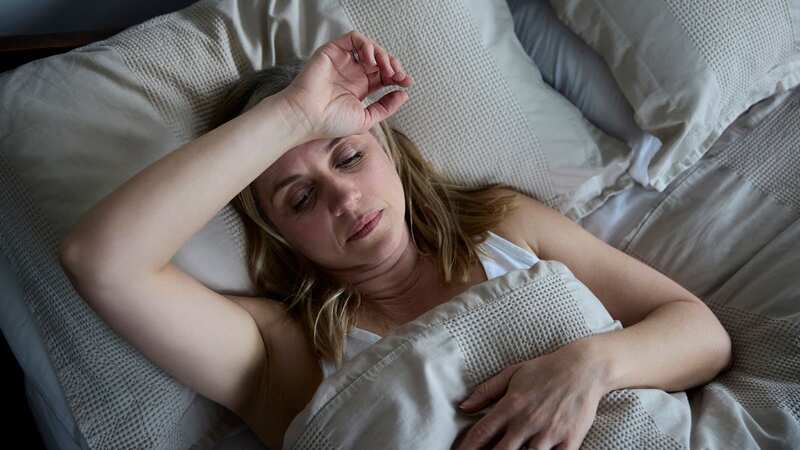

There’s nothing worse than watching the time tick-by as you struggle to fall asleep, especially when there are just a couple of hours left until your alarm bell rings.
Recent research has shown that one in five Brits aren’t getting enough shut-eye, while one in three are reported to have insomnia. The NHS describes insomnia as the difficulty getting to sleep or staying asleep for long enough to feel refreshed the following morning.
People who experience sleeping difficulties for less than three months are believed to have short-term insomnia, which can be caused by a stressful life event. Symptoms often fade on their own over time, but they can be persistent and develop into chronic insomnia.
According to the Sleep Foundation, chronic insomnia is a long-term pattern where a person struggles falling asleep or staying asleep for at least three nights per week for three months or longer. The impact of long-term sleep deprivation can lead to mental health problems, and increase the risk of hypertension, heart attack, and stroke.
Identification of sleeping disorders can help to reduce 'silent killer' conditions, improve quality of life and strengthen relationships with loved ones. Fortunately, Sleep Reset has created a free 10-question quiz to help you find out if you have insomnia.
 Teachers, civil servants and train drivers walk out in biggest strike in decade
Teachers, civil servants and train drivers walk out in biggest strike in decade
The science-backed questionnaire has been developed by leading sleep experts, using a Insomnia Severity Index (ISI) to assess the risk of insomnia based on the user’s responses. To take the quiz, click HERE.
Dr. Areti Vassilopoulos, from Sleep Reset, told the Mirror: "There is no single, main cause for insomnia. Most people have predisposing, precipitating, and perpetuating factors for their disrupted sleep. Predisposing factors include psychological factors (such as anxiety) and biological factors (such as higher metabolic rates, faster heart rates, and faster brain wave activity).
"Precipitating factors can include medical illness, stressors, or life changes that can kick-start insomnia. Perpetuating factors keep the insomnia around, so this is the important, main target. Main perpetuating factors include unhelpful sleep habits (taking naps, staying in bed longer) and ongoing worries about sleep disruption and poor daytime functioning."
It’s common for people with insomnia to suffer from sleep anxiety, but Dr Vassilopoulos explained that relaxation strategies, such as mindfulness and good sleep hygiene, can help ease this response. She added: "The gold standard for addressing sleep anxiety as a factor of insomnia is Cognitive Behavioural Therapy for Insomnia (CBT-I).
"The most important features of CBT-I are education about sleep regulation and behavioural strategies of stimulus control and sleep restriction." It can be difficult to block out intrusive thoughts during the night, but the expert explained: "Your brain has more of a dimmer switch, rather than an on/off switch.
"A helpful tip instead is to create a buffer between your day and sleep. Take 30 to 60-minutes to wind down, using a consistent bedtime routine that is calming and avoids phones and screens."
Dr Vassilopoulos added: "As a phone-based application grounded in CBT-I, Sleep Reset offers structured guidance to those dealing with sleep anxiety as part of their insomnia. It targets both cognitive and behavioural aspects to improve sleep duration."